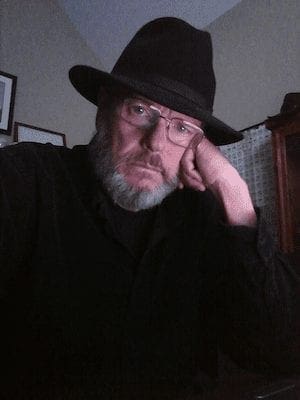I have been preaching from the Sermon on the Mount for the last few Sundays.
This is always a challenge for me because the ideals expressed in Matthew 5-7 are so lofty. These chapters are the heart of the Gospel, the very center of the teachings of Jesus.
It’s in these chapters that we hear the challenge to “love your neighbor as you love yourself.” And even more dramatically, “love your enemy.”
What in the world was Jesus thinking?
How do we love our enemy? And why would we want to? Why would we want to devote ourselves to the well-being of someone whose primary purpose in life is to end ours?
Of course, Jesus was speaking to a very specific context.
The Roman Empire occupied Judea in the first century. There were many among the Jewish populace who thought the best way to deal with Rome was to fight them.
Jesus knew that Judea was completely overmatched and that any conflict with the Romans would end in the destruction of his homeland.
About 40 years after his death, that’s exactly what happened.
The famous sayings we have from Jesus about “turning the other cheek” and “going the second mile” all have primary meaning in the context of Roman oppression.
Only a Roman soldier could compel a Jewish peasant to carry his heavy back pack for one mile – but only one mile. In the second mile, we find the Jewish peasant loving his enemy.
In the case of “turning the other cheek,” the purpose is forcing your oppressor to treat you with dignity.
Striking someone on the right cheek involved a back hand slap. Turning the other cheek means your oppressor must strike you straight on, as an equal.
Jesus was a genius in understanding how to undermine oppressive power.
The challenge for us who claim to be Jesus’ followers today is to discover if these very specific teachings about how to deal with Rome have any relevance for us.
Did Jesus have something eternal to teach us about the use of violence? Did his insight about where Judea was heading have any bearing on where we might be heading?
Obviously, we in America are not an oppressed people, though there are certain Christian groups who would take issue with that.
As citizens of the United States, we enjoy unprecedented freedom, prosperity and power. In fact, some would argue that with our power we are more like Rome than Judea.
So how do we apply the teachings of Jesus? How do we turn the other cheek and go the second mile if we are now the ones in charge?
The church has struggled with this for a long time. In some cases, exulting in our military and economic prowess, some church leaders have condoned violence.
And in a few rare instances there have been suggestions that we employ violence, such as with Pat Robertson’s absurd suggestion that we assassinate Hugo Chavez.
Those of us who take the teachings of Jesus seriously should take pause here. If his vision was truly eternal and not just limited to the particular conditions in first-century Judea, we may have a window into our future.
In a dark night struggle with armed soldiers, Jesus intervened in an effort on the part of his followers to retaliate.
“Those who live by the sword,” he told them, “die by the sword.”
James L. Evans is pastor of Auburn First Baptist Church in Auburn, Ala.

